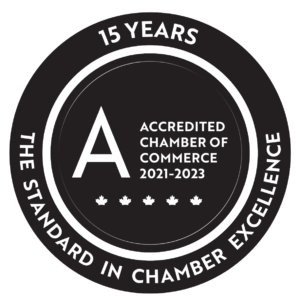TORONTO — Ontario is updating eligibility for the COVID-19 vaccine to protect individuals most at risk of serious illness from the virus, as well as children and youth to minimize disruptions from COVID-19 heading into the fall.
A complete two-dose COVID-19 vaccine series provides strong protection against COVID-19 infection and severe outcomes, including against the Delta variant, in the general population. However, for some populations, a third dose may be required to provide sufficient protection based on a suboptimal or waning immune response to vaccines and increased risk of COVID-19 infection.
Based on the recommendation of the Chief Medical Officer of Health and health experts, the province will begin offering third doses of a COVID-19 vaccine to select vulnerable populations:
- Transplant recipients (including solid organ transplant and hematopoietic stem cell transplants)
- Patients with hematological cancers (examples include lymphoma, myeloma, leukemia) on active treatment (chemotherapy, targeted therapies, immunotherapy) for malignant hematologic disorders
- Recipients of an anti-CD20 agent (e.g. rituximab, ocrelizumab, ofatumumab)
- Residents of high-risk congregate settings including long-term care homes, higher-risk licensed retirement homes and First Nations elder care lodges
Transplant recipients, patients with hematological cancers on active treatments, and recipients of an anti-CD20 agent have a decreased immune response after COVID-19 vaccines compared to the general population, potentially increasing the risk of breakthrough cases for those who have already received two doses. A third dose will help to provide individuals in these groups with an improved immune response. Individuals in these groups can receive their third dose at a minimum of eight weeks following their second dose and will be contacted by their health care provider such as their primary care provider, specialist, or their hospital specialty program.
Evidence shows that several months after receiving two COVID-19 vaccine doses, the immune response in residents who live in long-term care homes wanes significantly compared to the general population. Administering a third dose to residents of high-risk congregate settings including long-term care homes, higher-risk licensed retirement homes and First Nations elder care lodges, can help boost their immune response for improved protection against COVID-19. Third doses will be offered to these individuals in their residence (either within the home or through a mobile clinic) and can be administered at a minimum of five months following their second dose.
Locations and timing for third doses may vary by public health unit based on local considerations, with some beginning as early as this week where opportunities exist.
In addition, based on the advice of the Chief Medical Officer of Health, starting on Wednesday, August 18, 2021, the province is expanding eligibility for the Pfizer COVID-19 vaccine to all youth who are turning 12 in 2021, based on the most currently available empirical evidence. Ontario has closely monitored data from Alberta and British Columbia where the Pfizer vaccine has been offered to youth born in 2009 for several months with no risks identified. This will help to ensure even more students have the opportunity to receive the vaccine and ensure strong protection against COVID-19 and the Delta variant as they return to school.




